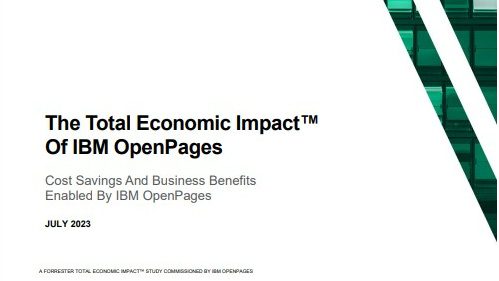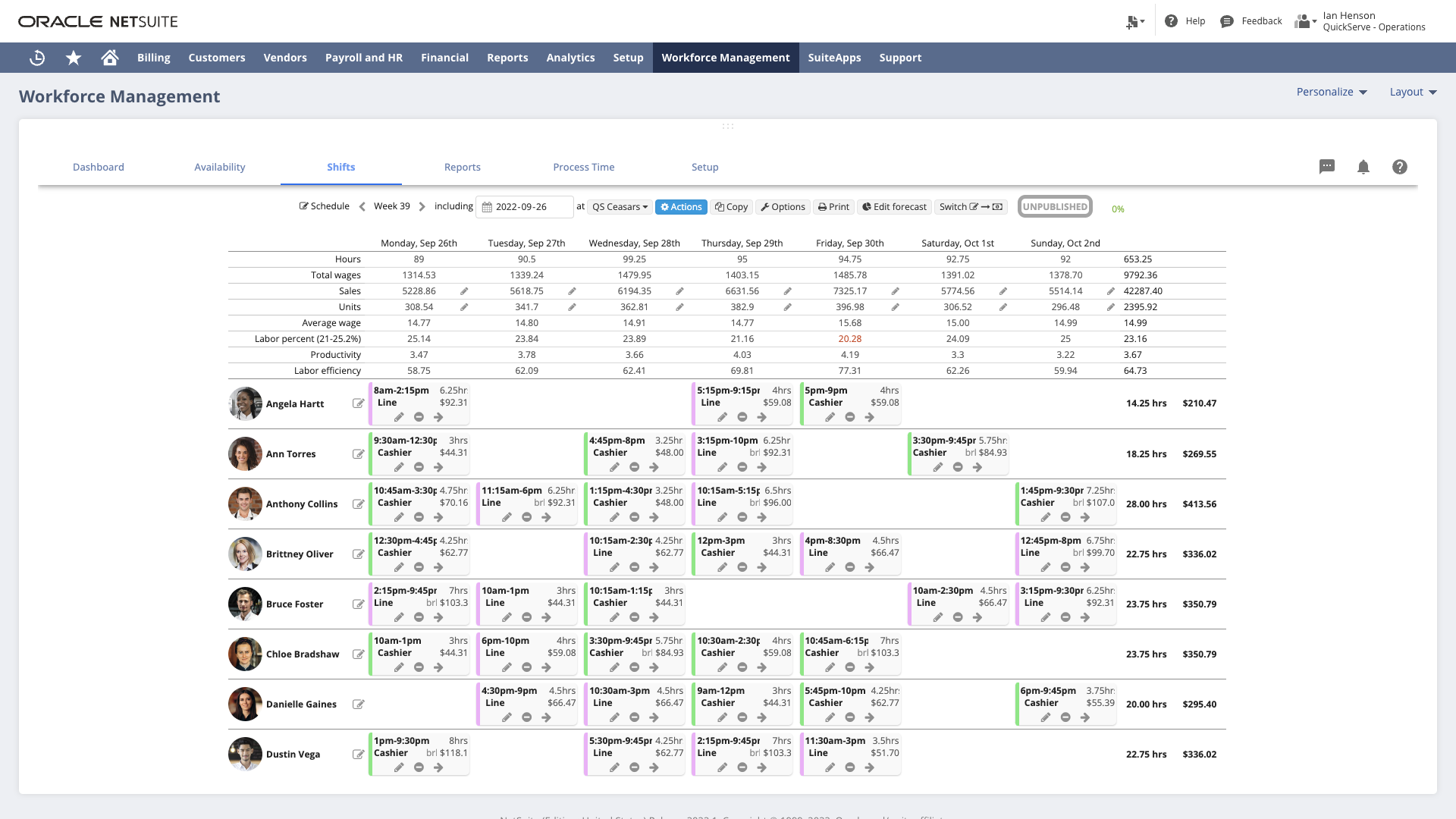IBM Watson to help solve Africa’s economic woes
IBM is reportedly investing $100 million in bringing its AI platform to Africa.


IBM is investing $100 million (£62 million) over the next decade to deploy its Watson supercomputer across Africa to help scientists and researchers solve the continent’s health and social issues.
Dubbed “Project Lucy” after the earliest known human fossil, the cloud-based system will be used to analyse large chucks of data and to fuel business opportunities and growth.
The Watson technology, famously used to win US game show Jeopardy, is hoped to overcome obstacles in key development areas such as healthcare, education, water and sanitation, human mobility and agriculture.
Professor Rahamon Bello, vice chancellor of the University of Lagos, sees Project Lucy as a chance to “leapfrog” the rest of the world in technological development.
“For Africa to join, and eventually leapfrog, other economies, we need comprehensive investments in science and technology that are well integrated with economic planning and aligned to the African landscape,” said Professor Bello.
“I see a great opportunity for innovative research partnerships between companies like IBM and African organisations, bringing together the world’s most advanced technologies with local expertise and knowledge.”
IBM said the technology would have an important role to play in Africa’s development. This would range from understanding food price patterns, to estimating GDP and poverty numbers, and anticipating disease.
Sign up today and you will receive a free copy of our Future Focus 2025 report - the leading guidance on AI, cybersecurity and other IT challenges as per 700+ senior executives
Africa's IBM research director, Kamal Bhattacharya, said: “In the last decade, Africa has been a tremendous growth story – yet the continent's challenges, stemming from population growth, water scarcity, disease, low agricultural yield and other factors are impediments to inclusive economic growth.
“With the ability to learn from emerging patterns and discover new correlations, Watson's cognitive capabilities hold enormous potential in Africa – helping it to achieve in the next two decades what today's developed markets have achieved over two centuries.”
IBM will also establish a new pan-African Centre of Excellence for Data-Driven Development (CEDD) to recruit research partners, universities, startups and clients.
It is also opening up Innovation Centres in Lagos, Nigeria; Casablanca, Morocco, and Johannesburg, South Africa. These new centres aim to spur local growth and fuel an ecosystem of development and entrepreneurship around Big Data analytics and cloud computing in the region.
Rene Millman is a freelance writer and broadcaster who covers cybersecurity, AI, IoT, and the cloud. He also works as a contributing analyst at GigaOm and has previously worked as an analyst for Gartner covering the infrastructure market. He has made numerous television appearances to give his views and expertise on technology trends and companies that affect and shape our lives. You can follow Rene Millman on Twitter.
-
 How the UK public sector could benefit from strategic channel partnerships
How the UK public sector could benefit from strategic channel partnershipsIndustry Insights Is the channel the answer to the growing cost vs budget problem facing the public sector?
-
 Microsoft wants to replace C and C++ with Rust by 2030
Microsoft wants to replace C and C++ with Rust by 2030News Windows won’t be rewritten in Rust using AI, according to a senior Microsoft engineer, but the company still has bold plans for embracing the popular programming language
-
 Strengthening your data resilience strategy
Strengthening your data resilience strategywebinar Safeguard your digital assets
-
 Forrester: The Total Economic Impact™ Of IBM OpenPages
Forrester: The Total Economic Impact™ Of IBM OpenPageswhitepaper Cost savings and business benefits enabled by IBM OpenPages
-
 More than a number: Your risk score explained
More than a number: Your risk score explainedWhitepaper Understanding risk score calculations
-
 What is small data and why is it important?
What is small data and why is it important?In-depth Amid a deepening ocean of corporate information and business intelligence, it’s important to keep things manageable with small data
-
 Google Ad Manager knocked offline for more than three hours
Google Ad Manager knocked offline for more than three hoursNews The incident prevented publishers from automatically exchanging their ad inventories, potentially causing big losses for those affected
-
 What is cloud analytics?
What is cloud analytics?In-depth Cloud analytics offer businesses cost-effective ways to organise, analyse, and understand data for a variety of business use cases
-
 NetSuite launches SuitePeople tools for automating schedules and tracking attendance
NetSuite launches SuitePeople tools for automating schedules and tracking attendanceNews SuitePeople Workforce Management aims to give companies greater oversight and control of their workforces, as well as live metrics
-
 Talking to a business should feel like messaging a friend
Talking to a business should feel like messaging a friendWhitepaper Managing customer conversations at scale with the WhatsApp Business Platform
